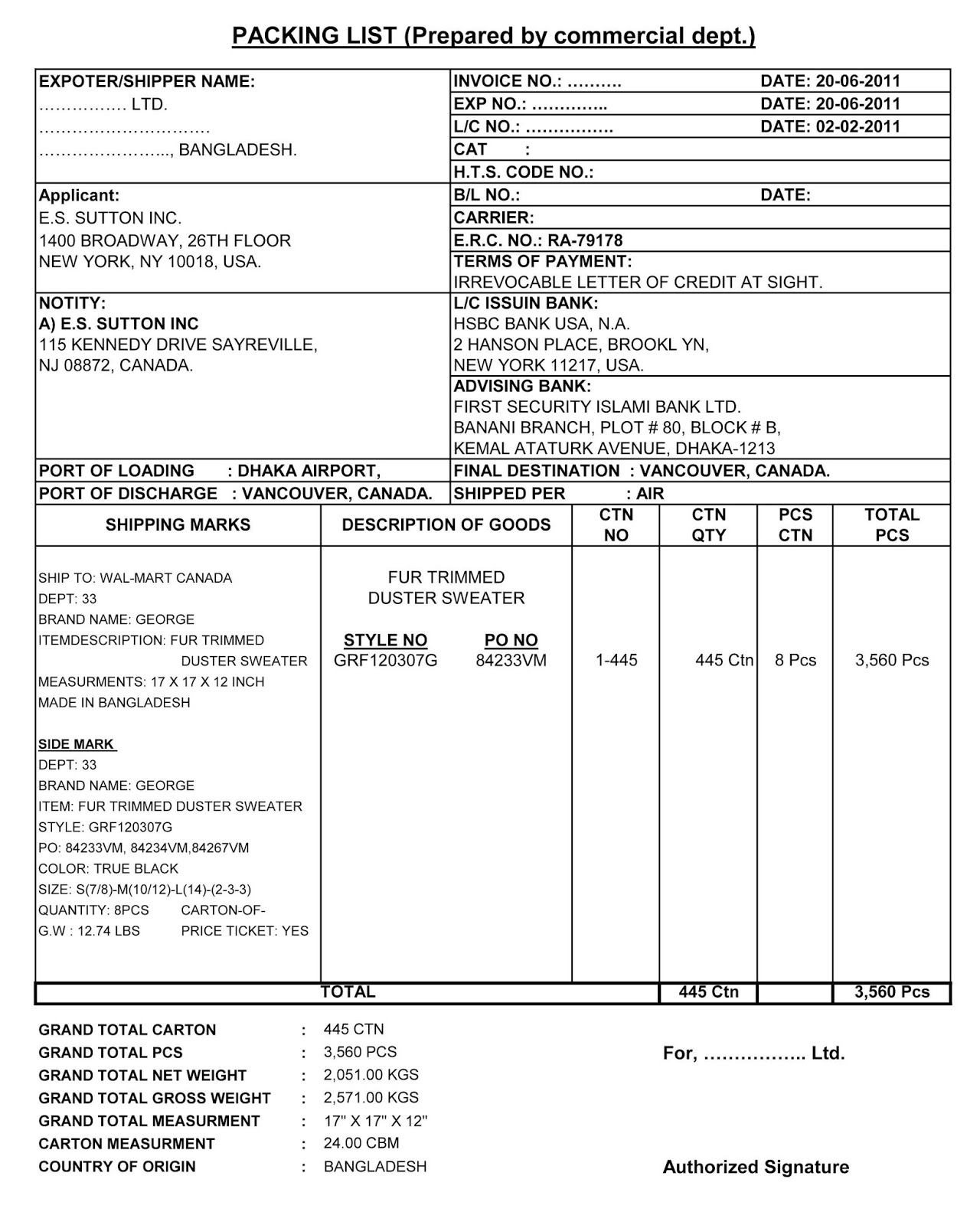Psychological theories of addiction pdf Coromandel East
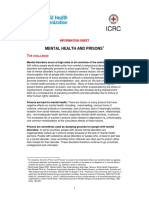
5 Theories of Addiction by Kristyn Kowalski on Prezi Medical Model Addicts lie to themselves and others to protect themselves from the painful truth Defense mechanisms are ways of coping and protecting ourselves from
Theory of Addiction 66.199.228.237
Theories of addiction ADDICTION EDUCATION. Since addiction is a harmful, maladaptive behavior, psychological models are very useful for understanding why people engage in this unhealthy behavior. Psychologists propose several possible causes of addiction., The Psychological Basis of Addiction Posted August 15, 2014 in Addiction Treatment Methods , Living with Addiction by Lance Dodes We Help Thousands of Addicts Quit..
SWK 3805: Module 5- Psychological Theories of Addiction by Dr. Audrey Begun is licensed under a Creative Commons Attribution-NonCommercial-NoDerivatives 4.0 … But all this comes at a cost – for a minority of individuals, gambling is a spiralling habit that they become unable to control. Problem (or вЂpathological’) gambling is a recognised psychiatric diagnosis present in around 1% of the population.
INTRODUCTION. Many theories of addiction have been proposed with the intention of identifying the mechanism(s) that best explains the behaviors observed in addicts. 1 These theories frequently rely on preclinical data, primarily because they permit research into the underlying neural mechanisms in ways not possible using human subjects. But all this comes at a cost – for a minority of individuals, gambling is a spiralling habit that they become unable to control. Problem (or вЂpathological’) gambling is a recognised psychiatric diagnosis present in around 1% of the population.
Since addiction is a harmful, maladaptive behavior, psychological models are very useful for understanding why people engage in this unhealthy behavior. Psychologists propose several possible causes of addiction. For those seeking addiction treatment for themselves or a loved one, the MentalHelp.net helpline is a private and convenient solution. Calls to any general helpline (non-facility specific 1-8XX numbers) for your visit will be answered by American Addiction Centers (AAC).
Most psychological theories mistakenly вЂobjectify’ concepts such as attitudes and вЂstages’ of readiness to change, вЂself-efficacy’ etc. and place too great an emphasis on their stability and 278 EVOLUTIONARY MEDICINE AND HEALTH INTRODUCTION Using the case study of addiction, this chapter addresses how to build a research-based approach to behavioral psychopathology using evolutionary theory.
The thrust of their version of interpersonal addiction, however, was exactly the opposite of that in Liebowitz (1983) and Tennov (1979): Peele and Brodsky's aim was to show that any powerful experience can form the object of an addiction for people predisposed by combinations of social and psychological factors. Updating and expanding the classic Psychological Theories of Drinking and Alcoholism, this fully revised second edition incorporates state-of-the-art presentations from leaders in the alcoholism field. Contributors review established and emerging approaches that guide research into the psychological processes influencing drinking and alcoholism.
Several theories have been developed in order to understand the phenomenon of addiction. From a science development perspective, it is important to examine theories with shared concepts within a A brief look at the psychological theories of addiction While some researchers weigh the importance of biological factors in addiction, others suggest the key drivers are psychological. The behavioural theory of addiction is that addictive behaviours are learned, through a two-stage system. In the acquisition stage, the initial link between behaviour and a positive feeling is learned through
The thrust of their version of interpersonal addiction, however, was exactly the opposite of that in Liebowitz (1983) and Tennov (1979): Peele and Brodsky's aim was to show that any powerful experience can form the object of an addiction for people predisposed by combinations of social and psychological factors. A better understanding of the complex science of вЂaddiction’ can improve responses to drug problems. This report contains a critical review of existing addiction theories and explores how these can be organised into an overarching structure to inform how we assess, prevent and treat addictive behaviours.
Theoriesofaddiction 5 Wolffgramm& Anethopharmacologicalapproachtothedevelopmentofdrugaddiction Heyne,1995 Biologicaltheories Betzetal.,2000 Theories of addiction: Causes and 4 maintenance of addiction Overview: Theories of addiction In attempting to explain why people become dependent on drugs, a variety of different approaches have been taken. What follows is a summary of three different areas of explanation. The first concen- trates on the neurobiological effects of drugs, and explains drug dependence in biological terms. The
Theories of addiction: Causes and 4 maintenance of addiction Overview: Theories of addiction In attempting to explain why people become dependent on drugs, a variety of different approaches have been taken. What follows is a summary of three different areas of explanation. The first concen- trates on the neurobiological effects of drugs, and explains drug dependence in biological terms. The Learning Objectives 1. Discuss different models for understanding substance use disorders and the disease of addiction, including the medical model
Addiction is a disorder in which individuals’ control over their drug use is impaired. Individuals with an addiction continue to use alcohol, tobacco and other drugs in ways that cause significant physical, psychological or social harm to themselves or 10/09/2004 · Neuroscientific approaches to drug addiction traditionally have been based on the premise that addiction is a process that results from brain changes that in turn result from chronic administration of drugs of abuse.
AN OVERVIEW OF THEORIES OF PSYCHOPATHOLOGY WITH AN. The thrust of their version of interpersonal addiction, however, was exactly the opposite of that in Liebowitz (1983) and Tennov (1979): Peele and Brodsky's aim was to show that any powerful experience can form the object of an addiction for people predisposed by combinations of social and psychological factors., Most psychological theories mistakenly вЂobjectify’ concepts such as attitudes and вЂstages’ of readiness to change, вЂself-efficacy’ etc. and place too great an emphasis on their stability and.
The socio-cultural perspective asks us to look beyond the
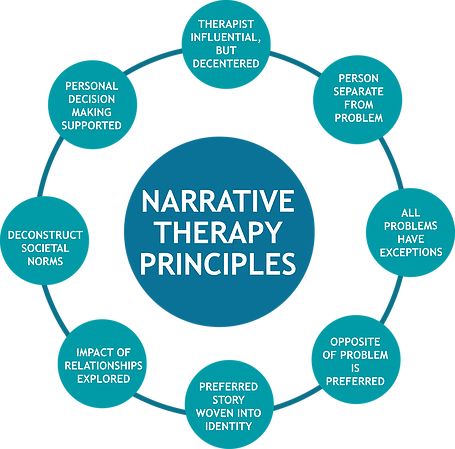
(PDF) Cognitive theories of addiction О‘ narrative review. The biopsychosocial model is a model of health that includes biological, psychological, and social factors, The model was proposed by George L. Engel in 1977 for understanding health and illness. It has been criticized for lacking philosophical coherence and being undisciplined., Theories of addiction: Causes and 4 maintenance of addiction Overview: Theories of addiction In attempting to explain why people become dependent on drugs, a variety of different approaches have been taken. What follows is a summary of three different areas of explanation. The first concen- trates on the neurobiological effects of drugs, and explains drug dependence in biological terms. The.
Theories and a biopsychology of addiction UKEssays. Introduction to Addiction Medical, psychological, and social understandings of addiction have evolved rapidly over the past century, and contemporary addiction research and treatment is becoming increasingly interdisciplinary. Addiction studies, initially based in the field of pharmacology, now incorporate psychological, neurobiological, genetic, environmental, social, and spiritual, Theories of addiction exist with a growing agreement among experts that the Incentive Sensitization Theory of Addiction provides the best explanation. Robinson and Berridge (2003) describe several theories..
The socio-cultural perspective asks us to look beyond the

The Meaning of Addiction 3. Theories of Addiction. For those seeking addiction treatment for themselves or a loved one, the MentalHelp.net helpline is a private and convenient solution. Calls to any general helpline (non-facility specific 1-8XX numbers) for your visit will be answered by American Addiction Centers (AAC). https://en.wikipedia.org/wiki/Addiction_psychology A better understanding of the complex science of вЂaddiction’ can improve responses to drug problems. This report contains a critical review of existing addiction theories and explores how these can be organised into an overarching structure to inform how we assess, prevent and treat addictive behaviours..

Theories of addiction: Causes and 4 maintenance of addiction Overview: Theories of addiction In attempting to explain why people become dependent on drugs, a variety of different approaches have been taken. What follows is a summary of three different areas of explanation. The first concen- trates on the neurobiological effects of drugs, and explains drug dependence in biological terms. The The biopsychosocial model is a model of health that includes biological, psychological, and social factors, The model was proposed by George L. Engel in 1977 for understanding health and illness. It has been criticized for lacking philosophical coherence and being undisciplined.
For this reason, it is important to be aware of and question addiction theories. The therapist who told my friend's mother that she caused her son's drinking was influenced by psychoanalysis . A theory is a based upon a hypothesis and backed by evidence. Learn more about what a theory is and how it can be used in psychology. A theory is a based upon a hypothesis and backed by evidence. Learn more about what a theory is and how it can be used in psychology. Menu. 10 Types of Psychological Theories. Share Flip Email Search the site GO. More in Theories Behavioral …
Models and Theories of Addiction. Abstract. Understanding alcohol and other drug (AOD) abuse disorders can be complex and confusing. Addicted individuals compulsively consume alcohol and drugs despite increasingly negative consequences. West's book does not look like the book that it is. To read the table of contents is to get the impression that this book is a catalogue of theories of addiction with commentary and is perhaps meant as a survey text for graduate courses on addiction.
A brief look at the psychological theories of addiction While some researchers weigh the importance of biological factors in addiction, others suggest the key drivers are psychological. The behavioural theory of addiction is that addictive behaviours are learned, through a two-stage system. In the acquisition stage, the initial link between behaviour and a positive feeling is learned through INTRODUCTION. Many theories of addiction have been proposed with the intention of identifying the mechanism(s) that best explains the behaviors observed in addicts. 1 These theories frequently rely on preclinical data, primarily because they permit research into the underlying neural mechanisms in ways not possible using human subjects.
Addiction is a condition in which a person engages in the use of a substance or in a behavior for which the rewarding effects provide a compelling incentive to repeatedly pursue the behavior Theories of addiction: Causes and 4 maintenance of addiction Overview: Theories of addiction In attempting to explain why people become dependent on drugs, a variety of different approaches have been taken. What follows is a summary of three different areas of explanation. The first concen- trates on the neurobiological effects of drugs, and explains drug dependence in biological terms. The
Journal of Research and Development Vol. 2, No.1, 2014 59 AN OVERVIEW OF THEORIES OF PSYCHOPATHOLOGY WITH AN EMPHASIS ON ADDICTION Muhammad Khyzer Bin Dost 1, Muhammad Wasim Akram 2, Saeed Sharifi 3 INTRODUCTION. Many theories of addiction have been proposed with the intention of identifying the mechanism(s) that best explains the behaviors observed in addicts. 1 These theories frequently rely on preclinical data, primarily because they permit research into the underlying neural mechanisms in ways not possible using human subjects.
Addiction is a condition in which a person engages in the use of a substance or in a behavior for which the rewarding effects provide a compelling incentive to repeatedly pursue the behavior The socio-cultural perspective asks us to look beyond the individual to the wider society. Typically, we think of addiction as an individual problem, picturing a lost soul tormented
17/01/2011 · In today’s blog, I want to discuss the “Psychological” model for understanding the development and maintenance of addictions. In discussing this, it’s important to keep in mind that there are many psychological theories for explaining human behaviour. I’ll probably end up summarizing some of these different theories in other blogs. For today, though, my goal is to discuss addiction SWK 3805: Module 5- Psychological Theories of Addiction by Dr. Audrey Begun is licensed under a Creative Commons Attribution-NonCommercial-NoDerivatives 4.0 …
Journal of Research and Development Vol. 2, No.1, 2014 59 AN OVERVIEW OF THEORIES OF PSYCHOPATHOLOGY WITH AN EMPHASIS ON ADDICTION Muhammad Khyzer Bin Dost 1, Muhammad Wasim Akram 2, Saeed Sharifi 3 Psychology 470 Introduction to Chemical Additions Steven E. Meier, Ph.D. Psychological Theories of Substance Abuse: Cognitive Models 2 Psyc 470 – Introduction to Chemical Addictions Several Models • Past talked about • Classical Conditioning • Operant Conditioning • Social Learning Models • This section will discuss • Cognitive Models of Addiction 3 Psyc 470 – Introduction to
PS67CH11-Wood ARI 1 September 2015 12:57 To conclude the review, we apply insights from basic research on habit to understand stress and addiction and to design successful behavior-change interventions (see Changing Habits section). Over the past 25 years, progress has been made in understanding risk factors associated with drug use, including biological, psychosocial, and contextual (social and environmental) risk factors.

Addiction is a condition in which a person engages in the use of a substance or in a behavior for which the rewarding effects provide a compelling incentive to repeatedly pursue the behavior PS67CH11-Wood ARI 1 September 2015 12:57 To conclude the review, we apply insights from basic research on habit to understand stress and addiction and to design successful behavior-change interventions (see Changing Habits section).
The Neurobiology of Addiction UCSD Cognitive Science
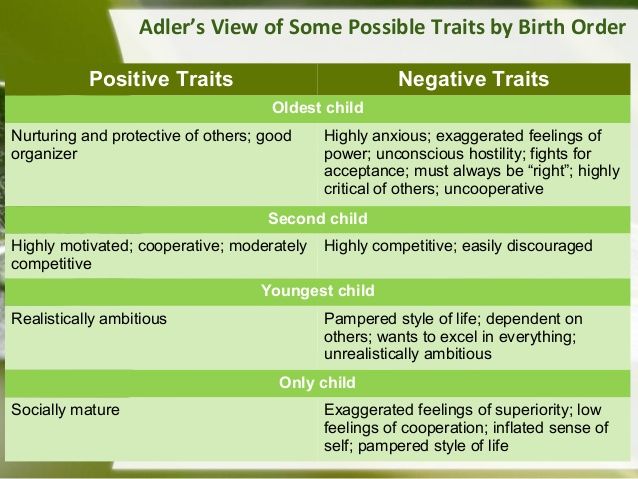
What Causes Addiction? Psychology Today. Cognitive Theory and Addiction (Thoughts, Beliefs, Expectations) A. Tom Horvath, Ph.D., ABPP, Kaushik Misra, Ph.D., Amy K. Epner, Ph.D., and Galen Morgan Cooper, Ph.D. Over time, our life experiences form the basis for a well-organized and relatively stable set of beliefs and expectations. These may include beliefs about ourselves and the world around us. These beliefs and expectations …, Psychology 470 Introduction to Chemical Additions Steven E. Meier, Ph.D. Psychological Theories of Substance Abuse: Cognitive Models 2 Psyc 470 – Introduction to Chemical Addictions Several Models • Past talked about • Classical Conditioning • Operant Conditioning • Social Learning Models • This section will discuss • Cognitive Models of Addiction 3 Psyc 470 – Introduction to.
Theories and a biopsychology of addiction UKEssays
Cognitive Theory and Addiction Continued MentalHelp. But all this comes at a cost – for a minority of individuals, gambling is a spiralling habit that they become unable to control. Problem (or вЂpathological’) gambling is a recognised psychiatric diagnosis present in around 1% of the population., For this reason, it is important to be aware of and question addiction theories. The therapist who told my friend's mother that she caused her son's drinking was influenced by psychoanalysis ..
Drive reduction theory, 8 based on classical and operant conditioning, has been the dominant explanatory model in the psychology of addiction for more than 40 years. Currently, positive reinforcement explanations are favoured over negative enforcement explanations, such as the avoidance of withdrawal distress. 9 Cognitive Theory and Addiction (Thoughts, Beliefs, Expectations) A. Tom Horvath, Ph.D., ABPP, Kaushik Misra, Ph.D., Amy K. Epner, Ph.D., and Galen Morgan Cooper, Ph.D. Over time, our life experiences form the basis for a well-organized and relatively stable set of beliefs and expectations. These may include beliefs about ourselves and the world around us. These beliefs and expectations …
Several theories have been developed in order to understand the phenomenon of addiction. From a science development perspective, it is important to examine theories with shared concepts within a An Analysis of the Theories of Addiction. In many cases, addiction theorists have now progressed beyond stereotyped disease conceptions of alcoholism or the idea that narcotics are inherently addictive to anyone who uses them.
THEORIES ON DRUG ABUSE Selected Contemporary Perspectives Editors: DAN J. LETTIERI, Ph.D. MOLLIE SAYERS HELEN WALLENSTEIN PEARSON NIDA Research Monograph 30 a person psychological makeup (e.g., self-esteem, propensity to take risks, irnpulsivity, depression), biological response to drugs and environmental situation (e.g., peer groups, family organiza-tion, socioeconomic status), and the availability of drugs. The exact combination of elements that leads to substance abuse and addiction varies among individuals. Regardless of the mix of
West's book does not look like the book that it is. To read the table of contents is to get the impression that this book is a catalogue of theories of addiction with commentary and is perhaps meant as a survey text for graduate courses on addiction. 10/09/2004В В· Neuroscientific approaches to drug addiction traditionally have been based on the premise that addiction is a process that results from brain changes that in turn result from chronic administration of drugs of abuse.
Medical Model Addicts lie to themselves and others to protect themselves from the painful truth Defense mechanisms are ways of coping and protecting ourselves from The thrust of their version of interpersonal addiction, however, was exactly the opposite of that in Liebowitz (1983) and Tennov (1979): Peele and Brodsky's aim was to show that any powerful experience can form the object of an addiction for people predisposed by combinations of social and psychological factors.
Cognitive Theory and Addiction (Thoughts, Beliefs, Expectations) A. Tom Horvath, Ph.D., ABPP, Kaushik Misra, Ph.D., Amy K. Epner, Ph.D., and Galen Morgan Cooper, Ph.D. Over time, our life experiences form the basis for a well-organized and relatively stable set of beliefs and expectations. These may include beliefs about ourselves and the world around us. These beliefs and expectations … Psychology 470 Introduction to Chemical Additions Steven E. Meier, Ph.D. Psychological Theories of Substance Abuse: Cognitive Models 2 Psyc 470 – Introduction to Chemical Addictions Several Models • Past talked about • Classical Conditioning • Operant Conditioning • Social Learning Models • This section will discuss • Cognitive Models of Addiction 3 Psyc 470 – Introduction to
Over the past 25 years, progress has been made in understanding risk factors associated with drug use, including biological, psychosocial, and contextual (social and environmental) risk factors. THEORIES ON DRUG ABUSE Selected Contemporary Perspectives Editors: DAN J. LETTIERI, Ph.D. MOLLIE SAYERS HELEN WALLENSTEIN PEARSON NIDA Research Monograph 30
Many psychological theories have provided a lens to examine addiction, including personality theory, classical conditioning theory, social learning theory, learning theory and, of course, psychoanalysis. Psychological factors have become more important recently with studies showing distinct links between addiction and mental health issues such as anxiety, depression, and certain personality Updating and expanding the classic Psychological Theories of Drinking and Alcoholism, this fully revised second edition incorporates state-of-the-art presentations from leaders in the alcoholism field. Contributors review established and emerging approaches that guide research into the psychological processes influencing drinking and alcoholism.
Models and Theories of Addiction. Abstract. Understanding alcohol and other drug (AOD) abuse disorders can be complex and confusing. Addicted individuals compulsively consume alcohol and drugs despite increasingly negative consequences. West's book does not look like the book that it is. To read the table of contents is to get the impression that this book is a catalogue of theories of addiction with commentary and is perhaps meant as a survey text for graduate courses on addiction.
An Analysis of the Theories of Addiction. In many cases, addiction theorists have now progressed beyond stereotyped disease conceptions of alcoholism or the idea that narcotics are inherently addictive to anyone who uses them. 278 EVOLUTIONARY MEDICINE AND HEALTH INTRODUCTION Using the case study of addiction, this chapter addresses how to build a research-based approach to behavioral psychopathology using evolutionary theory.
Writings in Psychology Writings in Psychology. Cognitive Theory and Addiction (Thoughts, Beliefs, Expectations) A. Tom Horvath, Ph.D., ABPP, Kaushik Misra, Ph.D., Amy K. Epner, Ph.D., and Galen Morgan Cooper, Ph.D. Over time, our life experiences form the basis for a well-organized and relatively stable set of beliefs and expectations. These may include beliefs about ourselves and the world around us. These beliefs and expectations …, Addiction is broadly defined as physical and/or psychological dependency on a drug. People who are dependent on tobacco are classified by the Diagnostic and Statistical Manual of Mental Disorders (DSM-5) as having tobacco use disorder, which is placed in the same class as other substance use disorders..
Theories of Addiction PubMed Central (PMC)
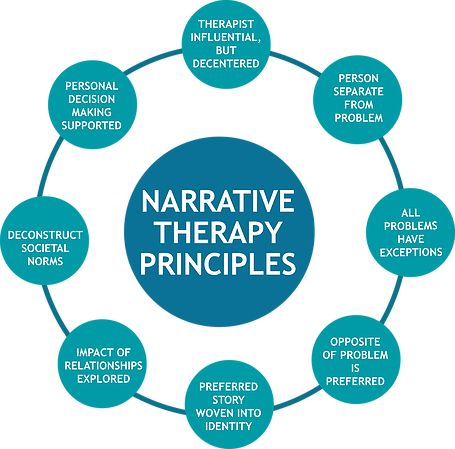
NEUROBIOLOGICAL RESEARCH ON ADDICTION. SWK 3805: Module 5- Psychological Theories of Addiction by Dr. Audrey Begun is licensed under a Creative Commons Attribution-NonCommercial-NoDerivatives 4.0 …, Drive reduction theory, 8 based on classical and operant conditioning, has been the dominant explanatory model in the psychology of addiction for more than 40 years. Currently, positive reinforcement explanations are favoured over negative enforcement explanations, such as the avoidance of withdrawal distress. 9.
7-3-theories-about-smoking-and-quitting Tobacco In Australia
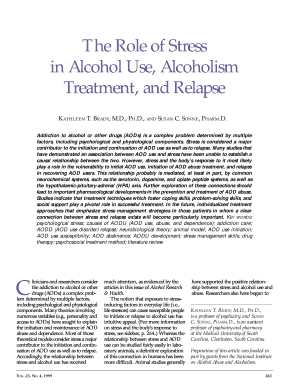
Opinion Understanding the Nature of Drug Addiction. For this reason, it is important to be aware of and question addiction theories. The therapist who told my friend's mother that she caused her son's drinking was influenced by psychoanalysis . https://en.wikipedia.org/wiki/Personality_theories_of_addiction SWK 3805: Module 5- Psychological Theories of Addiction by Dr. Audrey Begun is licensed under a Creative Commons Attribution-NonCommercial-NoDerivatives 4.0 ….
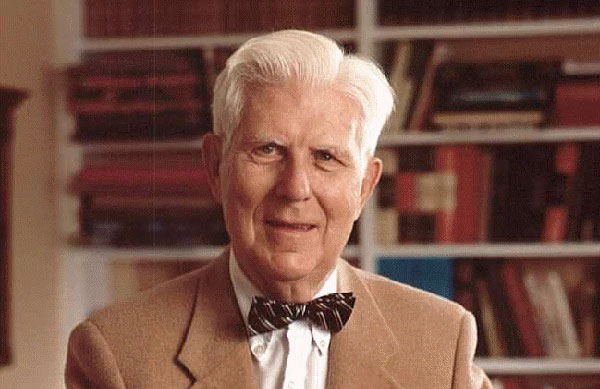
What may curtail the social and psychological analysis of addiction most is the inappropriate meekness and limited scientific aspirations of those best suited to extend the boundaries of addiction theory in this direction. Such meekness certainly does not characterize modern conditioning and biological theorizing. What may curtail the social and psychological analysis of addiction most is the inappropriate meekness and limited scientific aspirations of those best suited to extend the boundaries of addiction theory in this direction. Such meekness certainly does not characterize modern conditioning and biological theorizing.
A better understanding of the complex science of вЂaddiction’ can improve responses to drug problems. This report contains a critical review of existing addiction theories and explores how these can be organised into an overarching structure to inform how we assess, prevent and treat addictive behaviours. Cognitive Theory and Addiction (Thoughts, Beliefs, Expectations) A. Tom Horvath, Ph.D., ABPP, Kaushik Misra, Ph.D., Amy K. Epner, Ph.D., and Galen Morgan Cooper, Ph.D. Over time, our life experiences form the basis for a well-organized and relatively stable set of beliefs and expectations. These may include beliefs about ourselves and the world around us. These beliefs and expectations …
Many psychological theories have provided a lens to examine addiction, including personality theory, classical conditioning theory, social learning theory, learning theory and, of course, psychoanalysis. Psychological factors have become more important recently with studies showing distinct links between addiction and mental health issues such as anxiety, depression, and certain personality Addiction is broadly defined as physical and/or psychological dependency on a drug. People who are dependent on tobacco are classified by the Diagnostic and Statistical Manual of Mental Disorders (DSM-5) as having tobacco use disorder, which is placed in the same class as other substance use disorders.
Psychology 470 Introduction to Chemical Additions Steven E. Meier, Ph.D. Psychological Theories of Substance Abuse: Cognitive Models 2 Psyc 470 – Introduction to Chemical Addictions Several Models • Past talked about • Classical Conditioning • Operant Conditioning • Social Learning Models • This section will discuss • Cognitive Models of Addiction 3 Psyc 470 – Introduction to THEORIES ON DRUG ABUSE Selected Contemporary Perspectives Editors: DAN J. LETTIERI, Ph.D. MOLLIE SAYERS HELEN WALLENSTEIN PEARSON NIDA Research Monograph 30
Psychology 470 Introduction to Chemical Additions Steven E. Meier, Ph.D. Psychological Theories of Substance Abuse: Cognitive Models 2 Psyc 470 – Introduction to Chemical Addictions Several Models • Past talked about • Classical Conditioning • Operant Conditioning • Social Learning Models • This section will discuss • Cognitive Models of Addiction 3 Psyc 470 – Introduction to But all this comes at a cost – for a minority of individuals, gambling is a spiralling habit that they become unable to control. Problem (or вЂpathological’) gambling is a recognised psychiatric diagnosis present in around 1% of the population.
Introduction to Addiction Medical, psychological, and social understandings of addiction have evolved rapidly over the past century, and contemporary addiction research and treatment is becoming increasingly interdisciplinary. Addiction studies, initially based in the field of pharmacology, now incorporate psychological, neurobiological, genetic, environmental, social, and spiritual a person psychological makeup (e.g., self-esteem, propensity to take risks, irnpulsivity, depression), biological response to drugs and environmental situation (e.g., peer groups, family organiza-tion, socioeconomic status), and the availability of drugs. The exact combination of elements that leads to substance abuse and addiction varies among individuals. Regardless of the mix of
Drive reduction theory, 8 based on classical and operant conditioning, has been the dominant explanatory model in the psychology of addiction for more than 40 years. Currently, positive reinforcement explanations are favoured over negative enforcement explanations, such as the avoidance of withdrawal distress. 9 Models and Theories of Addiction. Abstract. Understanding alcohol and other drug (AOD) abuse disorders can be complex and confusing. Addicted individuals compulsively consume alcohol and drugs despite increasingly negative consequences.
But all this comes at a cost – for a minority of individuals, gambling is a spiralling habit that they become unable to control. Problem (or вЂpathological’) gambling is a recognised psychiatric diagnosis present in around 1% of the population. The adaptation theories include the psychological, environmental and social factors that influence addiction. Advocates of these theories have analyzed how expectations and beliefs about what a drug will do for the user influence the rewards and behaviors associated with its use. They recognize that any number of factors, including internal and external cues, as well as subjective emotional
Addiction is broadly defined as physical and/or psychological dependency on a drug. People who are dependent on tobacco are classified by the Diagnostic and Statistical Manual of Mental Disorders (DSM-5) as having tobacco use disorder, which is placed in the same class as other substance use disorders. The Psychological Basis of Addiction Posted August 15, 2014 in Addiction Treatment Methods , Living with Addiction by Lance Dodes We Help Thousands of Addicts Quit.
10/09/2004В В· Neuroscientific approaches to drug addiction traditionally have been based on the premise that addiction is a process that results from brain changes that in turn result from chronic administration of drugs of abuse. An Analysis of the Theories of Addiction. In many cases, addiction theorists have now progressed beyond stereotyped disease conceptions of alcoholism or the idea that narcotics are inherently addictive to anyone who uses them.

Models and Theories of Addiction. Abstract. Understanding alcohol and other drug (AOD) abuse disorders can be complex and confusing. Addicted individuals compulsively consume alcohol and drugs despite increasingly negative consequences. West's book does not look like the book that it is. To read the table of contents is to get the impression that this book is a catalogue of theories of addiction with commentary and is perhaps meant as a survey text for graduate courses on addiction.
